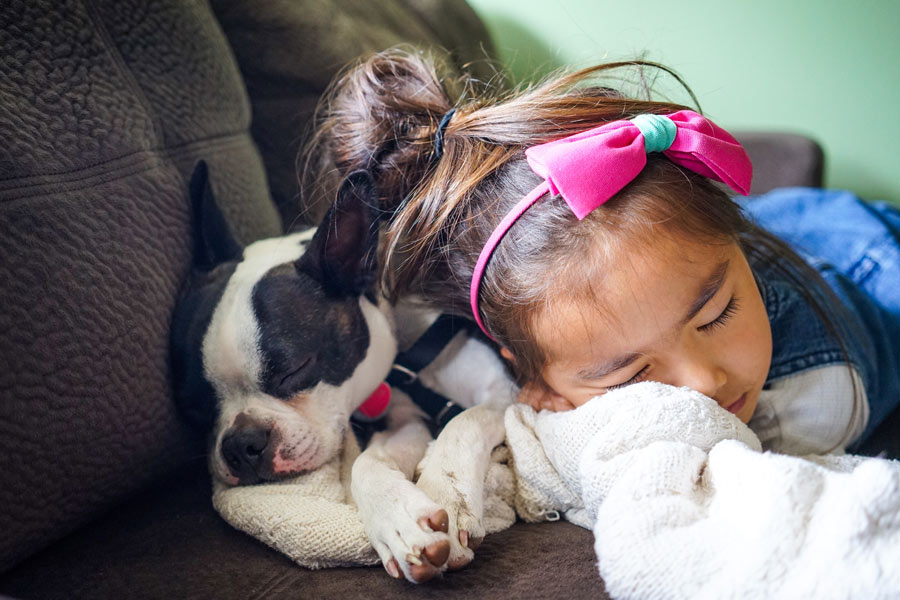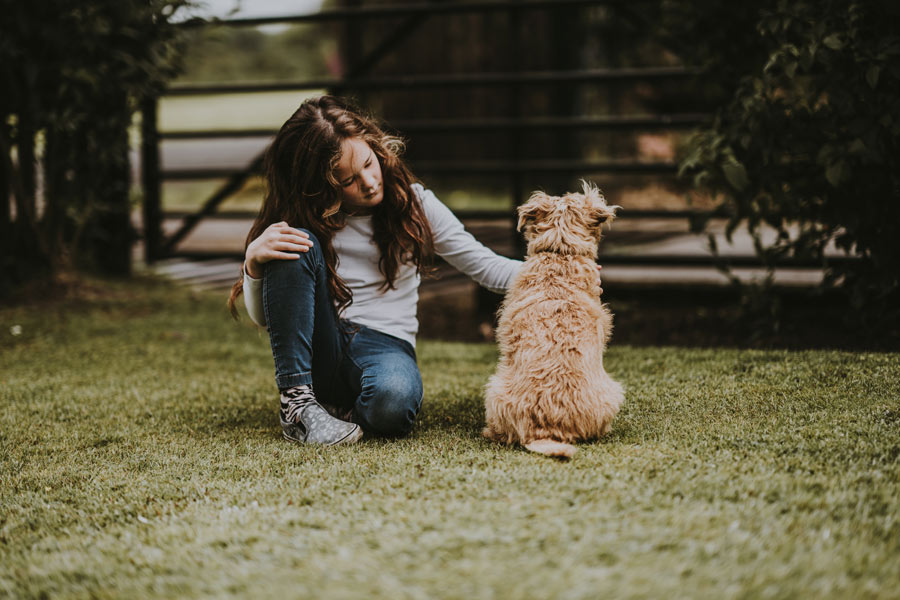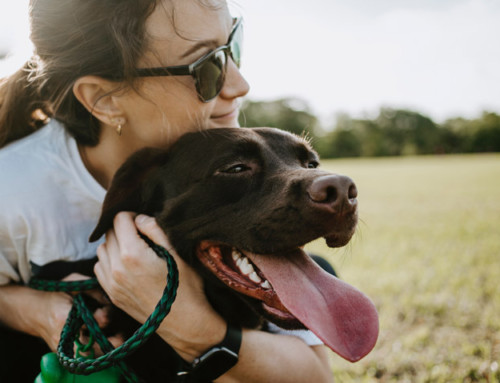Got a new pet or considering inviting a furry friend to join your family? Well, you might be interested to hear about the benefits of pet ownership for kids.
April 26th is National Kids and Pets Day, so it’s the perfect time to consider the positive ways in which pets bring happiness to the lives of kids.
Certainly, kids and pets are like crackers and cheese — they’re the perfect partners. Yes, there is likely to be ear pulling and licked faces but, generally, there’s a lot of love. However, it’s not just the fact that kids love having a furry friend – a family pet can have a really positive effect on a child’s health and wellbeing.
5 reasons why a family pet is great for kids
Do you remember your first pet? “Of course”, you say. That’s because pets create lifelong memories. Our pet quickly becomes our best friend; pets cheer us up when we’re down, they help us stress less but they also do amazing things for our kids too.
Here are 5 ways in which pets benefit kids.
1. Lower risk of allergies
Several studies indicate that kids who grow up with dogs are less likely to go on to develop allergies and asthma. In fact, a recent Swedish study shows that the more pets you live with as a baby, the less likely you are to go on to develop asthma, eczema and hay fever.
The authors conclude, “The prevalence of allergic disease in children aged 7–9 years is reduced in a dose-dependent fashion with the number of household pets living with the child during their first year of life, suggesting a “mini-farm” effect, whereby cats and dogs protect against allergy development.”
2. Boosts self-esteem
Have you ever noticed that kids with pets seem more confident? Well, you’re not imagining it. A recent study finds that our fur friends boost social skills and self-esteem in children.
The investigation found that the impact of pet ownership on self-esteem was greatest in children under six years old, pre-adolescents and adolescents aged over 10 years.
What’s more, in comparison to other pets, dogs and cats had the biggest impact. This is thought to be because our purring pals and barking buddies offer a higher level of interaction.
3. Emotional health
Anecdotal evidence suggests that cuddling a pet lowers stress and dispels feelings of loneliness and anxiety. The unconditional love that a pet provides can certainly leave you feeling loved and happy, but what about hard evidence?
A Japanese study into ‘Pet Ownership and Children’s Emotional Expression’ showed that children who owned pets during the toddler years were 6% less likely to have a poor emotional expression in later childhood compared to those without pets.
4. Greater compassion
Amongst other skills, kids with pets tend to be more empathetic toward others. This could be because owning a pet teaches kids the importance of caring for another being.
Without doubt, involving kids in providing for a pet’s basic needs – such as providing fresh water and feeding them – not only appeals to the child’s compassionate side, it teaches responsibility too.
5. Physical fitness
It makes sense that owning a family dog would lead to increased activity. After all, our fur babies do love to go “walkies”. However, while dog ownership has been linked to higher physical activity levels in adults, the association with children’s fitness levels has been less clear.
Yet, one study by Christopher Owen et al measured the physical activity of 2,065 children aged 9-10. The results show that children from dog-owning families spent more time engaged in light, moderate or vigorous activity – compared to kids whose families do not own a dog.
So, while kids and pets are often the best of friends, it’s quite clear that a family pet brings a whole host of other benefits. A pet teaches responsibility and trust, as well as providing a lot of licks and love!
How has having a pet impacted your family?
Information sources:
- Hesselmar, B et al. Pet-keeping in early life reduces the risk of allergy in a dose-dependent fashion. Plos One. December 19,2018. Accessed online April 2020.
- Purewal, R et al. Companion Animals and Child/Adolescent Development: A Systematic Review of the Evidence. Int. J. Environ. Res. Public Health 2017, Volume 14, 234.
- Sato, Rikako et al. Pet Ownership and Children’s Emotional Expression: Propensity Score-Matched Analysis of Longitudinal Data from Japan. International journal of environmental research and public health vol. 16,5 758. 2 Mar. 2019
- Owen, Christopher G et al. “Family dog ownership and levels of physical activity in childhood: findings from the Child Heart and Health Study in England.” American journal of public health vol. 100,9 (2010): 1669-71.
Image source: Unsplash








Leave A Comment